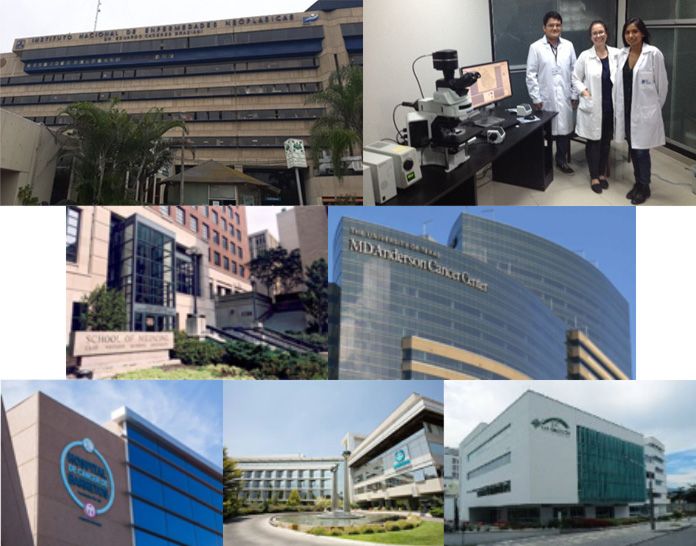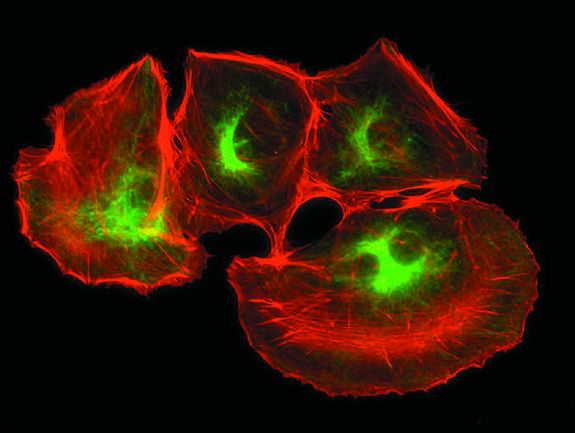In the fight against cancer, medical centers don't operate in a vacuum independently from one another. Sharing research and case studies and participating in trials are critical in the battle against the disease famously called “The Emperor of All Maladies” by author Siddhartha Mukherjee.
Intercontinental Alliance between Cancer Research Centers
Collaboration between medical centers and universities transcends the borders of cities and states and often includes cooperation between centers in different countries. Examples include the exchange agreements between the Case Western Reserve Medical School in Cleveland, Ohio and the MD Anderson Cancer Center in Houston, Texas with the National Institute for Neoplastic Diseases (INEN) of Lima, Peru.

Sister Institutions Exchange Expertise, Research, and Resources
These sister centers have agreed to share their know-how and collaborate on research and scientific endeavors. For instance, Dr. Carlos Castaneda Altamirano, INEN’s Executive Director of Medical Research, is currently collaborating with Dr. Anant Madabhushi of Case Western Reserve on the development of artificial intelligence (AI) based classification of triple-negative breast cancer (TNBC), an aggressive form of the cancer.
At Olympus, we're proud to help support these collaborations. For example, our BX63 fluorescence microscope is currently being used to further this research. Dr. Castaneda uses the BX63 microscope to scan hematoxylin and eosin (H and E) stained specimens and shares the images, which are sometimes as large as 1 terabyte, with Case Western. Their hope is to develop an automatic classification of cellular patterns and correlate them with established risk categories.
An Extended Cancer-Fighting Family
In the spirit of cooperation for the sake of advancing cancer research, medical centers will collaborate with several institutions. MD Anderson, for example, also has sister agreements with other Latin American medical centers. They include Hospital de Cancer de Barretos (Brazil), Clinica Alemana de Santiago (Chile), and Instituto de Cancerologia—Clinica de las Americas (Colombia). These collaborations are critical for advancing new discoveries in the quest to cure cancer.

